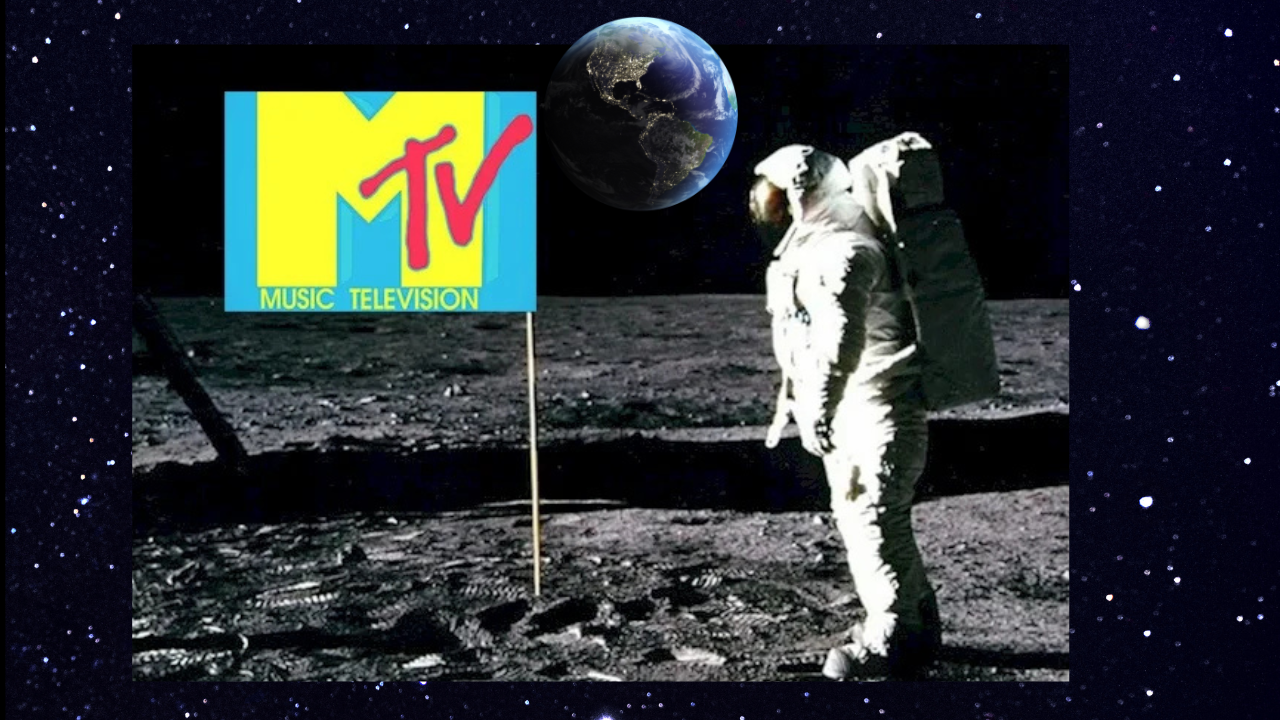When MTV launched on August 1, 1981, it didn’t just play music—it rewired the cultural DNA of an entire generation. For Generation X, born roughly between the early 1960s and early 1980s, MTV was more than a television channel. It was a mirror, a megaphone, and a movement.
MTV arrived at a time when Gen X was coming of age amid economic uncertainty, shifting family dynamics, and a growing skepticism of authority. Traditional media didn’t speak to their experiences or aesthetics. MTV did. With its rapid-fire editing, irreverent tone, and unapologetic embrace of youth culture, it gave Gen X a visual and sonic language that felt authentically theirs.
Music videos became the new storytelling medium. Artists like Madonna, Prince, and Nirvana didn’t just release songs—they released identities. MTV turned musicians into icons and fans into tribes. It wasn’t just about the music; it was about the attitude, the fashion, the rebellion. Gen Xers learned to decode irony, embrace eclecticism, and question norms—all through the lens of a channel that rarely sat still.
The channel launched on Aug. 1, 1981 with the following 10 music videos in order.
- Video Killed the Radio Star, The Buggles
- You Better Run, Pat Benatar
- You Won’t Dance, Rod Stewart
- You Better Bet, The Who
- Little Suzi’s on the Up, Ph.D
- We Don’t Talk Anymore, Cliff Richard
- Brass in Pocket, The Pretenders
- Time Heals, Todd Rundgren
- Take it on the Run, REO Speedwagon
- Rockin’ the Paradise, Styx
Beyond music, MTV expanded into programming that shaped Gen X’s worldview. Shows like 120 Minutes, Yo! MTV Raps, and Beavis and Butt-Head reflected the diversity and contradictions of the generation. The Real World, debuting in 1992, was a groundbreaking reality show that tackled race, sexuality, and politics—issues Gen X was grappling with in real life.
MTV also played a pivotal role in political engagement. Campaigns like Rock the Vote encouraged young people to participate in American government, proving that pop culture could be a vehicle for civic action. For many Gen Xers, MTV was their first exposure to politics, in particular the elections of 1992, 1996 and 2000.
Critics often dismissed MTV as shallow or sensational, but for Gen X, it was a lifeline. It offered connection in a fragmented world, creativity in a conformist landscape, and a sense of belonging in a generation often labeled as “slackers.” MTV didn’t just reflect Gen X—it helped define it.
Today, as Gen X quietly steers culture from behind the scenes, the legacy of MTV lives on in the way we consume media, express identity, and challenge convention. It was loud, it was weird, and it was ours.







